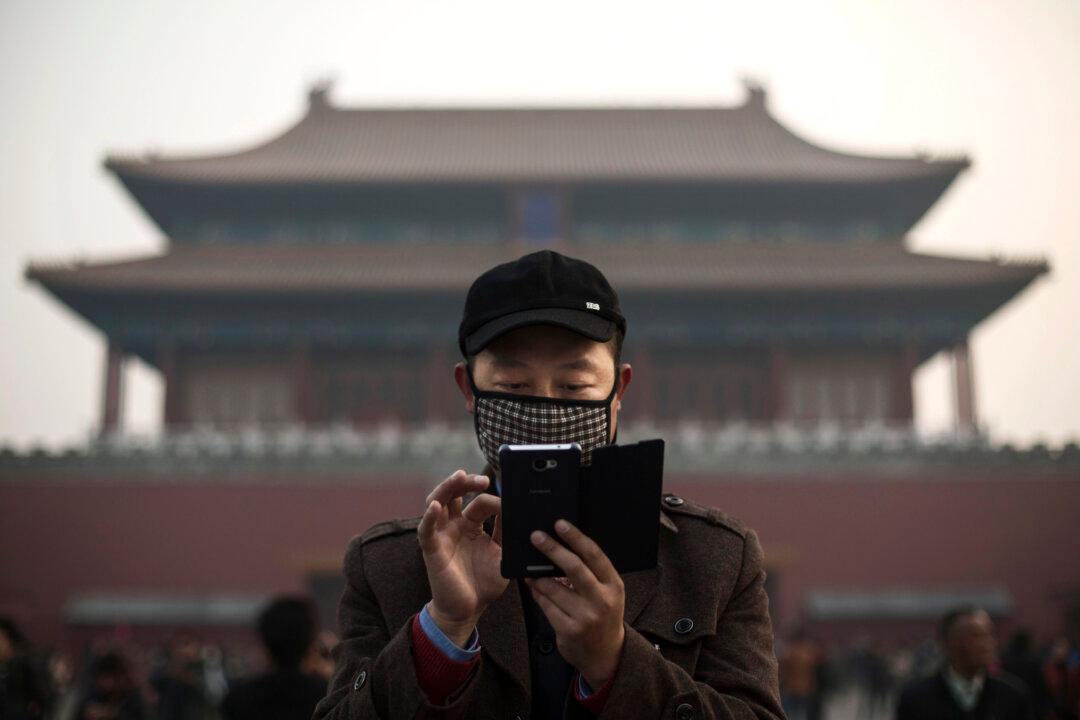First, Chinese citizens held protests calling for Communist Party officials to disclose their assets—they were summarily arrested and some sent to jail. Later, a group who protested for their release were also detained for “unlawful assembly.”
But now, the Chinese Communist Party has brought ‘harmony’ to the world of anti-corruption efforts, allowing Chinese smartphone users to download an app—run by the Party’s own disciplinary commission—with which to report official malfeasance, through official channels.
Recent reports indicate that use of the feature has settled at nearly 1,000 incoming reports per day, while the app itself almost certainly harvests user data such as IP address and phone type.

The link to a corruption reporting function on the mobile app of the Central Commission for Discipline Inspection, the Chinese Communist Party's anti-corruption agency. Screenshot via CCDI app




